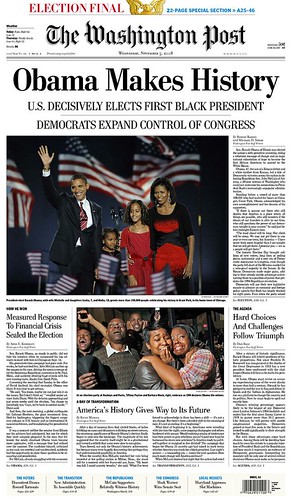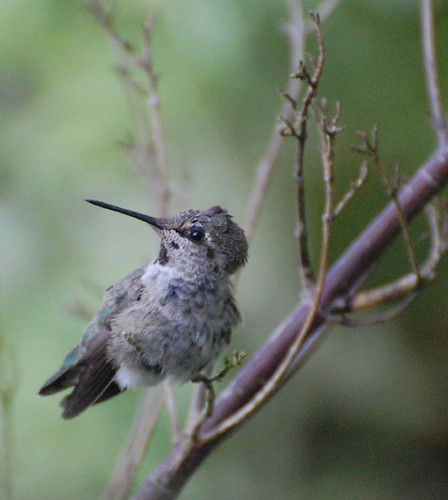This has been a hard year for
us in the category of animal stewardship.
Last November, we lost Maudie the cat, and five months later, her
companion spirit, our dog Lucy. Maudie
loved Lucy so much. I think the Universe
planned for her to walk on before Lucy did, because I honestly don’t think
Maude could have borne a life without her dog.
And now we are looking at the
steady demise of another of our animal children. Bart is seventeen years old. Pretty old, for a cat. And considering he has suffered from a chronic
health issue for most of his life, he’s hung in way longer than I would have
expected.
Bart’s fade has presented me
with many challenges and insights.
Coming about as it has almost directly on the heels of the
veterinary/financial disaster that was Lucy’s final illness, I have looked at
Bart’s travel toward the exit from a very different perspective than I have seen
that same journey with past animal family members.
Unfortunately, my insight has
presented itself in the form of more questions—questions that never entered my
mind before—than answers.
Why do we fight so hard
against death? If we humans decide to
fight that battle to the finish for ourselves and others of our kind, do we
have the right to subject our companions of other species to that same
grueling, desperate, often futile and frequently painful battle? That fight
which always, always, ends in defeat?
I suspect that our first
mistake is in framing the event in terms of battle: Fight,
win, lose, victory, defeat, surrender…
Life is good. Life is
wonderful. Life is a gift. But it is finite,
and always has been. I understand the
instinct to survive…but have we taken that to a point it was never meant to
reach? Are we meant to cling so
desperately to life, no matter what its quality? Are we meant to extend our final hours or
days on this earthly plane into weeks or months of pain, suffering, uncertainty
and vain hope? I don’t know. I don’t think so. We
have that choice; we can choose that
battle if we so desire. But is it
morally or ethically right to choose it for those gentle animal spirits who
have been entrusted into our care?
In the past few years,
veterinary medicine has followed the track that human medicine took a couple of
decades ago. There is no such thing,
anymore, as taking your animal to the vet and having it treated. Anything more involved than simple check-ups
and vaccines is referred to a “specialist.”
We have Veterinary Oncologists, Veterinary Orthopedists, Veterinary
Internists. Your local vet takes your
money for an initial (and often errant) evaluation, then refers you to the
appropriate specialist, in whom you will invest even more money, pony up for
sophisticated tests like CT scans and ultrasounds. And
then you are presented with a multi-thousand-dollar treatment plan framed in
such a way that you would feel like the most uncaring, penny-pinching miser,
unworthy of the sacred responsibility of pet ownership, should you “opt out”—whether
or not the reasoning behind your refusal is purely financial.
I regret more than anything
the choice we made for Lucy. A five
thousand dollar surgery on an old dog…what were we thinking? But when they tell you that without the
surgery she will surely die, and paint the treatment scenario in the most
hopeful possible light, how can you say, “No”?
I so wish we had been counseled that one of our options would be to take
her home with a vial of something that would put her into her final sleep when
her pain became too great. I so wish
that she could have died at home, surrounded by the things and people that she
loved, rather than lying on the floor of a kennel at the vet hospital, attached
to tubes and machines, hemorrhaging internally from a surgery to which we
should never have subjected her.
I hope she forgives us.
And so now, as Bart makes his
way toward the rainbow bridge, I am vexed by questions of how much to interfere
in the process. How much interference is
palliative…how much is in his best interest? And how much is bowing to that 21st-century
human imperative to extend life at any and all costs?
Beyond that, there are
questions about that “final act of mercy.”
One thing I have learned about cats, having cohabitated with more than
twenty feline souls in my years on this planet:
They are tough. They don’t die
easily. The process often draws itself
out for days or weeks. I understand the
desire to put an obviously dying cat “out of its misery.” But is that what we are really doing when we
euthanize a pet? Or are we putting ourselves out of that misery? Death is inconvenient. Left to nature, like birth, it comes when it
comes. We have figured out a way to make
birth happen in a way to conveniently fit our schedules. Is euthanasia our way of fitting the deaths
of our animal companions more neatly into our busy lives?
And do we have the right to
take away the final days or weeks of that soul’s earthly journey just because
it will be easier for us?
There is a line, I know. You don’t let an animal writhe in unbearable
agony in the name of “letting nature take its course.” But, neither, I think, do you stick a needle
into the vein of an obviously still-viable animal because someone has given you
the word that it only has days or weeks to live. I think you let that soul inhabit that body
until the body becomes too sick to support a bearable quality of life. The trick is deciding, from the animal’s point of view, what measures should be taken to
ease and prolong life. And then
recognizing the point at which that life becomes unbearable, and making the
decision to help release the soul from a broken and useless body.
I don’t know exactly where
that line is. But I’m hoping to come
closer to finding it this time around. I
think I owe it to Bartie, and to the rest of the animal spirits who have or
will share their lives with us, until we ourselves leave broken, useless bodies
behind and walk on.


















